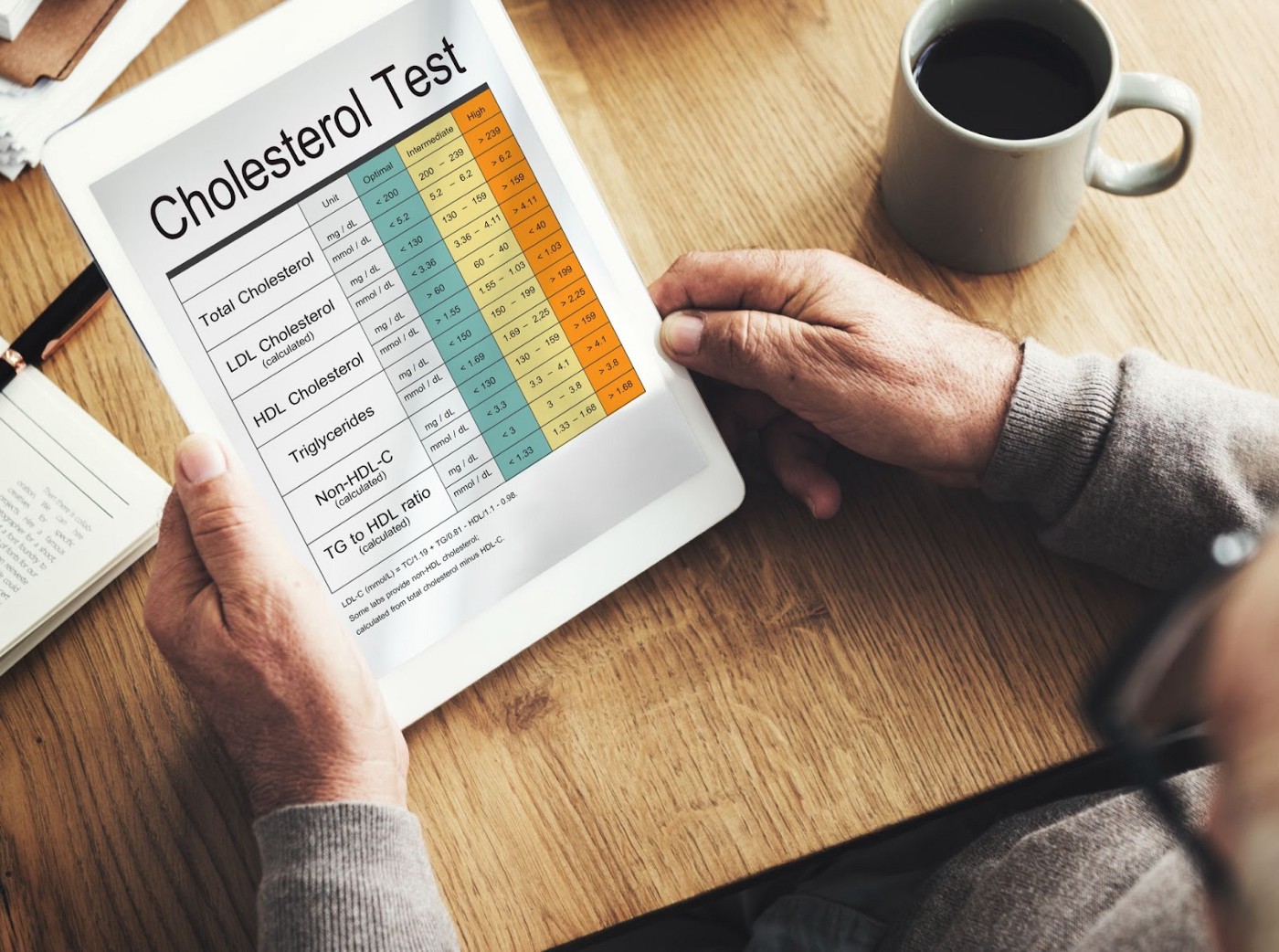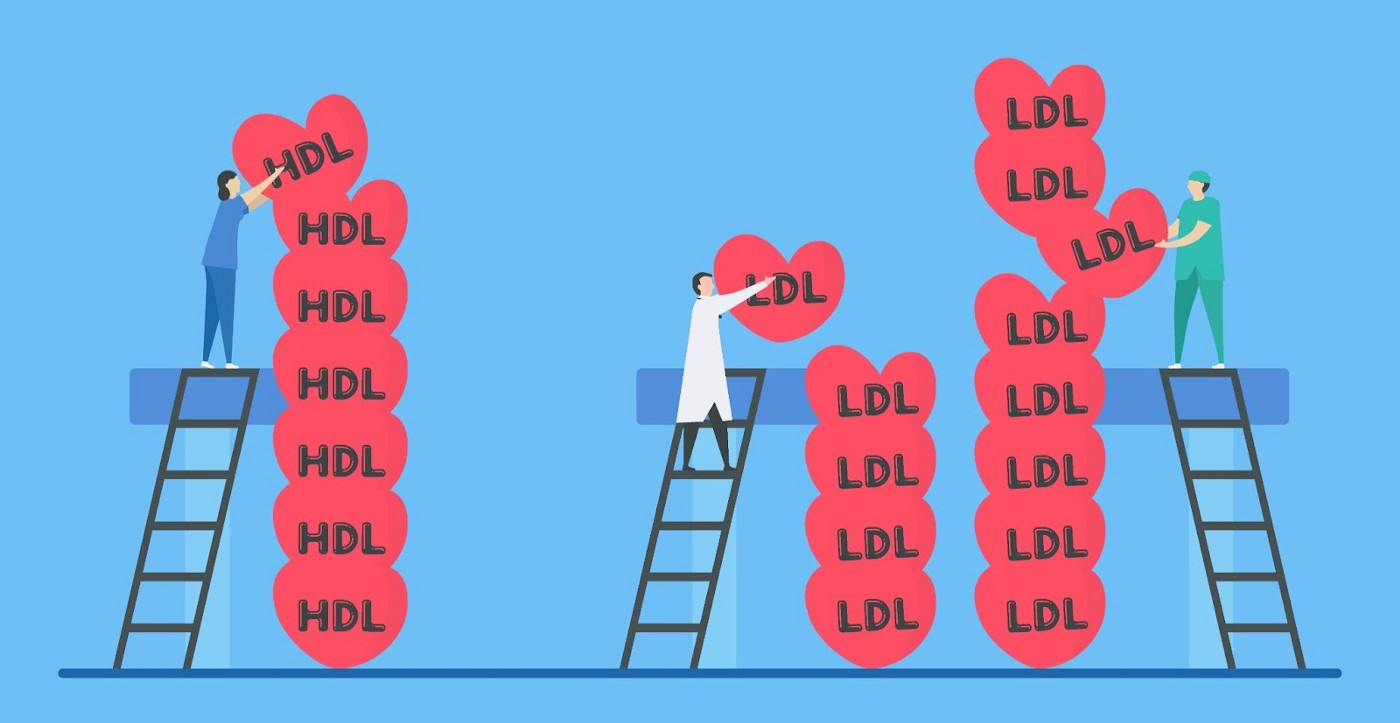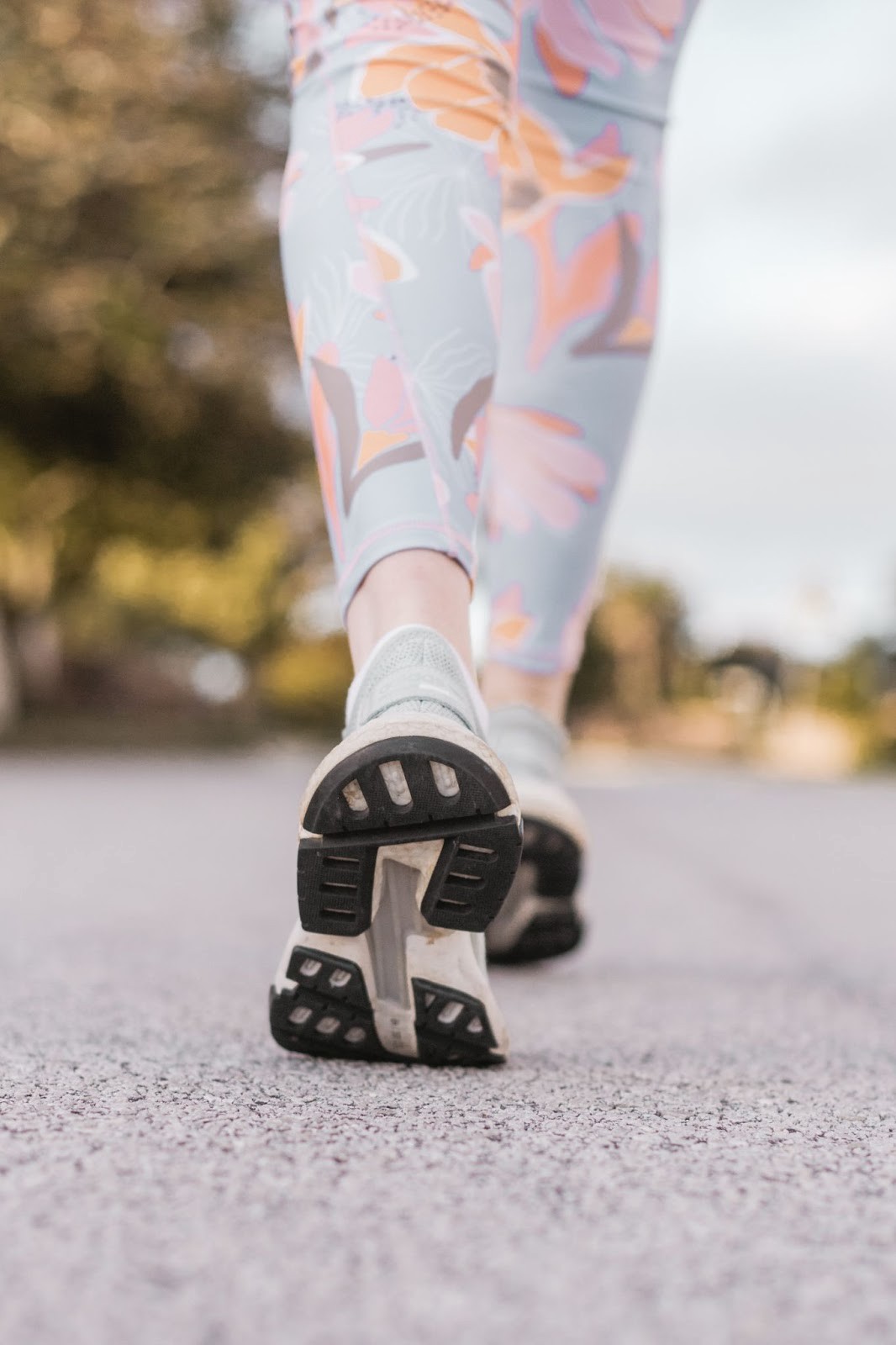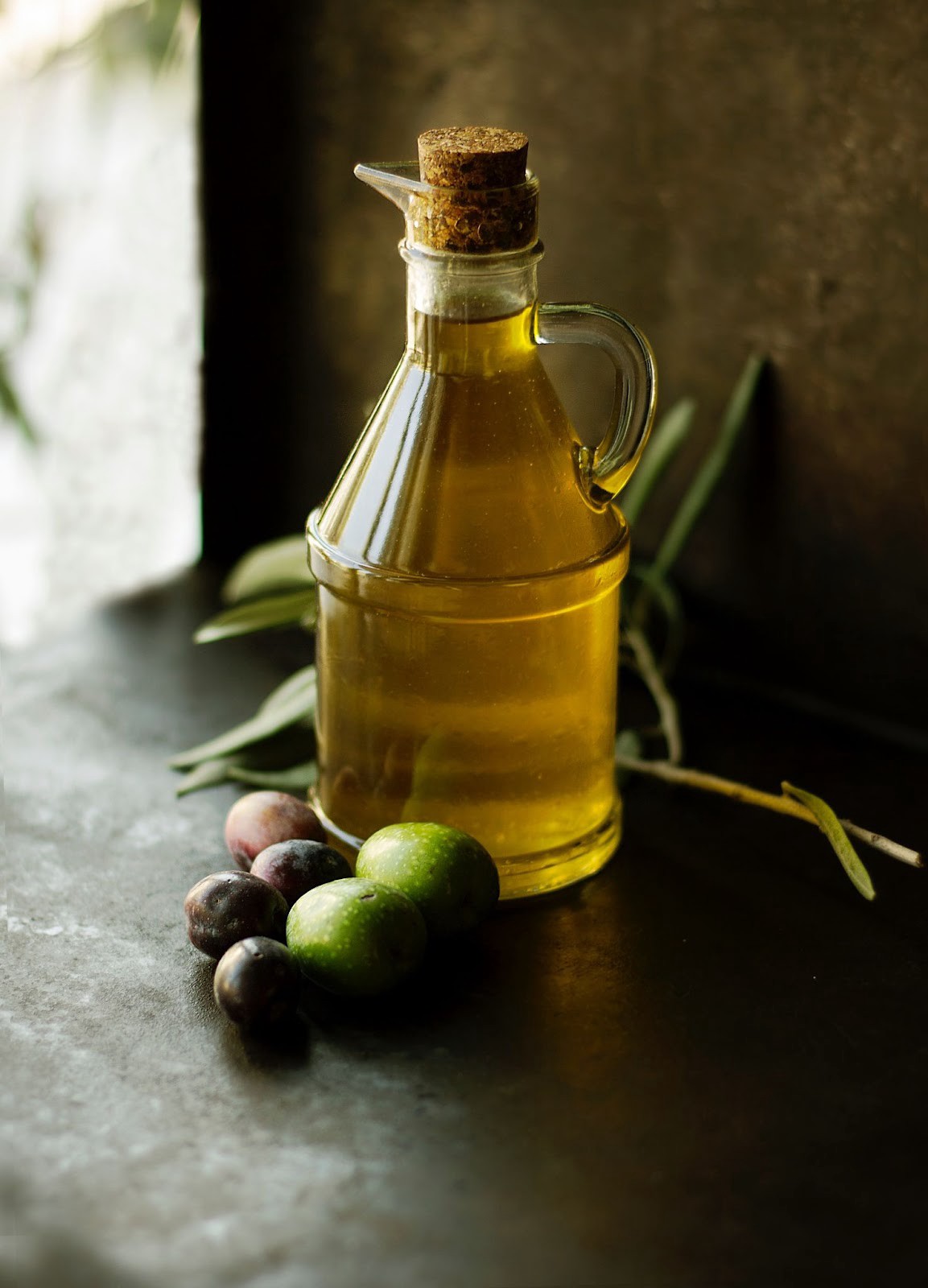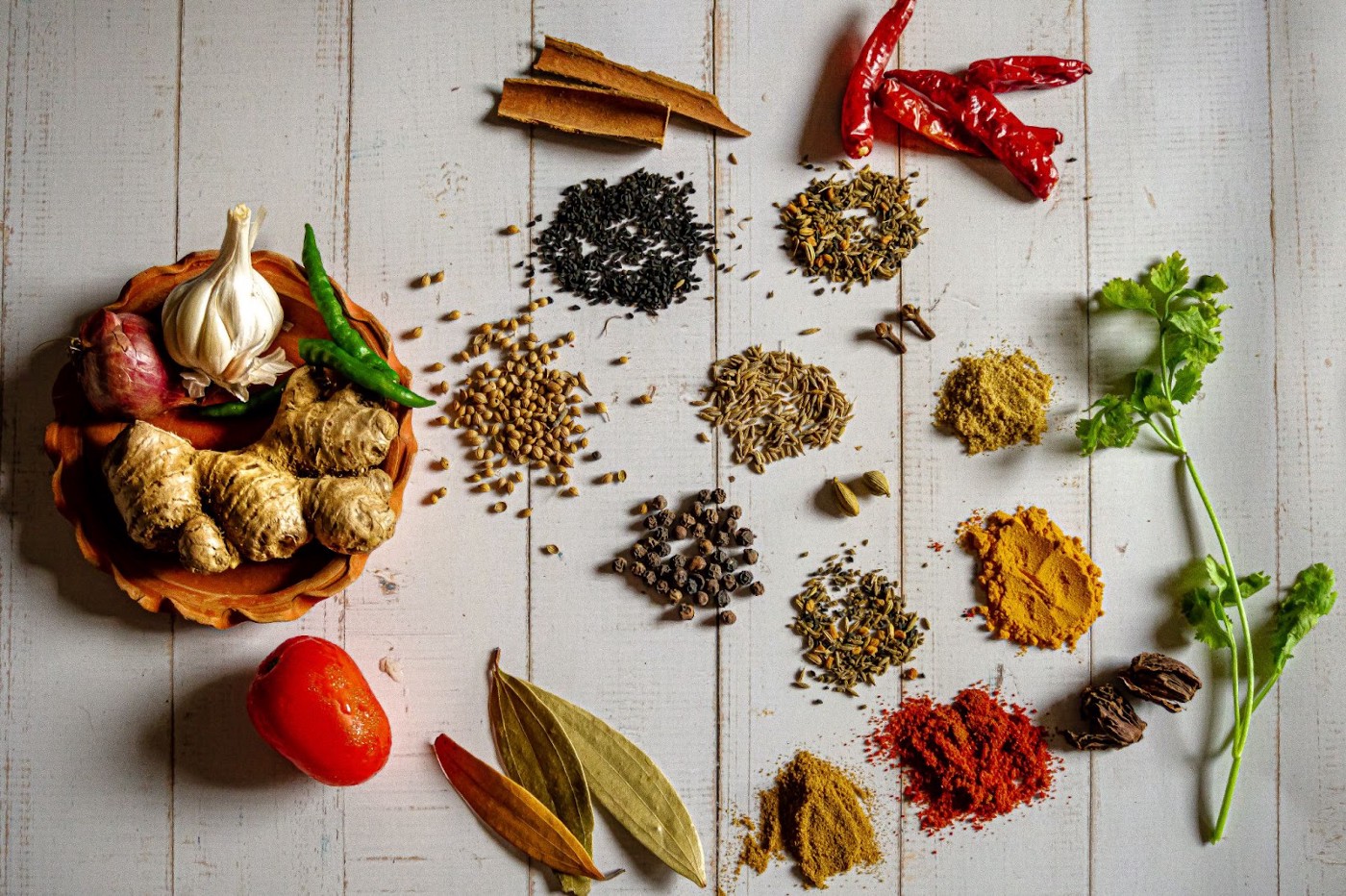Neha was left completely shocked by her PCOS diagnosis. She had been struggling with stress at work, poor sleep and weight gain when she started experiencing irregular periods. She thought the delay was due to stress. However, she was still worried.
After 3 months of missed periods, she visited her gynecologist with her concerns. After a round of investigations, she was given a PCOS diagnosis. She was only 27 years old, and here she was, diagnosed with a chronic condition that she might have to deal with for the rest of her life.
She knew that she needed to change the way she had been living her life, and take better care of her health. But how would she even begin to do that? There was a lot of information on ways to treat PCOS, almost too much information!
Does this sound familiar to you? Have you also been in the same boat as Neha with absolutely no idea of where to even begin? Well, you have come to the right place. In the blog post, we are going to talk about the emotional, physical and mental effects of living with PCOS, including some helpful tips for coping with PCOS.
But before we do that, let’s look at what exactly is PCOS?

What is PCOS?
PCOS stands for polycystic ovarian syndrome. PCOS is a hormonal disorder that mainly affects the way the ovaries work.
It has a strong association with obesity and insulin resistance. Reduced insulin sensitivity and increased insulin levels in the blood lead to:
- An excess of oestrogen that gets converted to high levels of testosterone (male hormone).
- Excess levels of Luteinizing hormone (LH). Elevated LH levels prevent the rupture of follicles (fluid filled sacs in the ovary that contain eggs). As a result, the egg does not get released from the follicle.
- These unruptured cysts stay on the surface of the ovary to cause polycystic ovaries.
PCOS Symptoms
The three main PCOS symptoms are-
- Irregular periods- Irregular periods or no periods at all. This is the most common sign.
- Excessive hair growth (hirsutism)- High levels of male hormones (androgen) in women, leads to signs of excess male pattern body hair (hirsutism).
- Polycystic ovaries- Due to hormonal imbalances, the follicles (fluid-filled sacs) in the ovary fail to release the egg every month, and these unruptured follicles form the “cysts” on the ovaries.
If you are looking for a holistic program that provides 24*7 personalised care for PCOS, then look no further. Feel free to reach out to us on the Zyla app or visit our website-Zyla.in.
Other PCOS symptoms include-
- Difficulty getting pregnant
- Hair loss or thinning of hair
- Skin conditions like- acne, acanthosis nigricans (darkening and velvety appearance of skin), oily skin etc
- Depression
- Anxiety disorders
- Weight gain
Let’s discuss some of them in detail…

Living with PCOS
Living with PCOS is an ongoing battle. Neha can confirm this! PCOS makes it hard for her to lose weight, and most days, the PCOS symptoms made everything an uphill climb. Some of the issues that women with PCOS face are:
1. LOSING WEIGHT IS A STRUGGLE
- Insulin resistance leads to increased insulin in the blood which pushes the body into fat storage mode.
- Higher insulin levels also lead to an increased appetite.
No wonder, one of the PCOS symptoms is weight gain.
2. SLEEPING DISTURBANCES
- One of the PCOS symptoms is obstructive sleep apnea (OSA) which can impact the quality of sleep and lead to daytime sleepiness.
- Decreased production of progesterone in PCOS can lead to sleep disturbances.
3. FATIGUE
- The hormonal imbalances in PCOS can also cause fatigue.
- Sometimes women with PCOS can experience menorrhagia — or excessive bleeding leading to iron deficiency anaemia. It is quite common for women with PCOS and anaemia to feel fatigued.
4. STRUGGLES WITH FERTILITY
Fertility struggles are quite common for women with PCOS. While many options like medications and IVF can help with conception, the emotional and financial burden of having to deal with infertility can definitely take a toll on women with a PCOS diagnosis.
5. MENTAL HEALTH STRUGGLES
Research shows that PCOS is associated with an increased risk of:
- Depression
- Anxiety
- Bipolar disorder
- Obsessive compulsive disorder

Reading this section can really feel like the odds are totally stacked against you. Facing difficulties in losing weight, fertility issues, battling fatigue and mental health issues as a result of PCOS diagnosis, definitely adds up the emotional cost of living with PCOS.
However, we are here to reassure you that with the right strategies and lifestyle changes, you can definitely conquer these challenges that PCOS throws at you.
Now let’s look at some dietary pointers as one of a few tips for coping with PCOS that can benefit you if you struggle with losing weight with PCOS!
Ways to treat PCOS: Diet tips for the management of PCOS
While there is no cure for PCOS, diet and lifestyle changes can help you effectively deal with the symptoms that come with PCOS.
Some dietary changes for the management of PCOS include:
1. INCREASE FIBRE INTAKE
Increasing the fibre in your diet by including oats, fruits and vegetables, etc. can help reduce the blood sugar spikes and also keep you satisfied for a longer time.
2. COMPLEX CARBOHYDRATES
Replacing carbohydrates like refined flour (maida) and it’s products with complex carbohydrates like chapati, brown rice, quinoa, oats can moderate blood sugar spikes and therefore reduce insulin levels.
3. HIGH PROTEIN DIET
In a study on women with PCOS diagnosis, it was found that eating a high protein diet (40% protein) can lead to increased weight loss. Since high protein diets are more filling, it also leads to less eating and more weight loss.
Add nuts, dals, dairy products, chicken, eggs and oily fish etc to your diet.
4. ANTI-INFLAMMATORY DIET
Research shows that patients with a PCOS diagnosis on an anti-inflammatory diet for 3 months have lost 7% of their body weight and showed significant improvements in cholesterol levels and blood pressure.
Eating foods like apples, broccoli, beans, blueberries, raspberries, oily fish, walnuts (akhrot), ginger (adrak), turmeric (haldi), and garlic (lehsun) can reduce inflammation.
Foods with sugar and refined carbohydrates, on the other hand, increase inflammation.
5. CUTTING OUT FULL-FAT DAIRY
Avoid taking full-fat dairy products and stick to low-fat products like toned, double toned or skimmed milk and milk products. Introducing nut milk like almond milk can also help you deal with PCOS.
6. CUTTING OUT SUGAR
Sugar as you already know, can increase inflammation and also cause blood sugar spikes leading to increased insulin in the body.
Cutting out sugar is an extremely effective lifestyle change for PCOS treatment. Avoid baked goods, packaged sweets, toffees, sodas and ice cream. Dark chocolate can be an occasional sweet treat to help with cravings.
If you are looking for personalised nutritional guidance for PCOS, reach out to our nutrition experts at Zyla.in. Feel free to reach out to us on the Zyla app or visit our website- Zyla.in.
Now that we know what foods to eat, let’s look at other lifestyle changes that are important in PCOS!
Ways to treat PCOS: Lifestyle changes for the management of PCOS
While there is no absolute PCOS cure, lifestyle changes for the management of PCOS include measures to reduce weight, combat stress and measures for improved sleep.
1. EXERCISE
Regular exercise helps in two ways! It helps with weight loss, and can also help with the hormonal imbalance that is a part of a PCOS diagnosis. So what kind of exercise should you do? Well, the best exercise is one that you will do regularly and enjoy doing it.
Let’s look at some exercise options:
a. Aerobic exercise
Walking, jogging, running and swimming are some aerobic exercises that can help improve your cardiovascular fitness and burn calories. These exercises also improve your body’s response to insulin, so try to do at least 30 minutes of aerobic exercise a day.
b. Resistance training
Strength/ resistance training helps strengthen muscles and bones and prevents osteoporosis later in life. However, for women with a PCOS diagnosis, resistance training can also help increase insulin sensitivity and promote weight loss.
For further reading, read our blog on the top 10 benefits of physical activity.

2. SLEEP
Lack of sleep can impact more than just your energy levels. It can lead to:
- Weight gain
- Increased inflammation in the body
- Increased insulin resistance
Sleep becomes even more important for women with a PCOS diagnosis. It is recommended to get 8 hours of sleep every night consistently. Some tips for better sleep include-
- Sleep every day at the same time.
- Try to get 30 minutes of sunlight exposure every day.
- Make sure you turn off all the lights and keep any screens away at bedtime.
- Avoid scrolling through your phone at bedtime and opt for relaxing self-care routines like journaling, listening to music, etc.
- If you are unable to sleep, avoid tossing and turning in bed. Get up and read a book or listen to a podcast and return to bed only when you are ready to sleep.
- Invest in a good pillow and a comfortable mattress.
- Make sure your room’s temperature is comfortable and you are wearing comfortable loose clothing to sleep.
For further reading to improve your sleep, read our blog on the 3 reasons you are not sleeping and tips for better sleep.

3. STRESS MANAGEMENT
Increased stress levels can affect our health in multiple ways :
- We don’t even realise it but our body releases cortisol (stress hormone) under times of stress which can affect immunity, lead to increased weight and also increase male hormone levels.
- Women with a PCOS diagnosis have an increased stress response which lends itself to obesity.
- It contributes to lack of sleep and in turn, lead to increased insulin resistance.
- It can also worsen mental health conditions like anxiety and depression.
It is no surprise then that stress reduction is key in the management of PCOS. Some ways for stress management include:
a. Yin yoga or restorative yoga
Yoga has been shown to help reduce the levels of stress hormones and their effect on the body. It can also help to calm the mind, body and even regulate hormones.
b. Meditation practices
Starting and ending your day with meditation and mindfulness can help regulate stress and also reduce inflammation. It also helps in managing conditions like anxiety and depression.
c. Physical exercise
Boosts endorphins and reduces stress, while also helping with weight loss. So try to get at least 30 minutes of brisk exercise in your day to reap the dual benefits!
For further reading on stress management, read our blog on the importance of living in the present moment consciously.

If you are looking for a holistic approach for the management of PCOS, you can reach out to us at Zyla.in to provide you with the right guidance. Feel free to reach out to us on the Zyla app or visit our website-Zyla.in.
Now that we’ve looked at the lifestyle measures required, let’s look at some of the medications and supplements that can ease the PCOS symptoms!
Ways to treat PCOS: Medications for PCOS treatment
Obviously, lifestyle management is important! But sometimes the PCOS symptoms have to be managed with the help of certain medications and supplements.
One important thing to note is that you must make lifestyle changes if even you’re taking medicine or not. Medicines can treat PCOS symptoms but without lifestyle modifications, they can’t work in a long term.
Now let’s look at some of the medications for PCOS treatment:
1. COMBINATION OF BIRTH CONTROL PILLS
Birth control pills containing a combination of oestrogen and progestin can regulate hormone levels and reduce the androgens. It can also help reduce excess hair growth and acne symptoms.
2. CLOMIPHENE
Clomiphene is a drug that is given to women who are looking to conceive and have a PCOS diagnosis. It is an anti-estrogen medication used for PCOS treatment, which ensures that the release of the egg from the follicle occurs, thereby ensuring conception.
This is usually prescribed on the advice of your gynaecologist after a complete health workup.
3. METFORMIN
Metformin is an oral anti-diabetic drug that also helps in regulating insulin resistance and weight loss. Metformin can also slow the development of Type 2 Diabetes if you are pre-diabetic.
4. SPIRONOLACTONE
Helps to reduce the effect of androgens on the skin, especially acne.
Now let’s take a look at some of the commonly used supplements for PCOS treatment!
1. MYO-INOSITOL AND D-CHIRO-INOSITOL
Inositol helps with the cell signalling of insulin and reduces insulin resistance. It also helps to normalise periods and improve egg quality for fertility. Furthermore, it regulates hormone levels and also helps with weight loss.
It is being researched extensively as a PCOS treatment option.
2. N-ACETYL-CYSTEINE
This is an ant-oxidant that reduces insulin resistance and normalises the menstrual cycle.
3. VITAMIN D
Vitamin D boosts immunity, regulates mood and also normalises the menstrual cycle. It also regulates the insulin levels in the blood.
4. OMEGA-3 FATTY ACIDS
Omega-3 fatty acids improve the insulin resistance score in PCOS, reduce testosterone and inflammatory markers and also help support weight loss.
While there are many medication options and supplements available for PCOS treatment, we caution you against self-medicating. Before starting any medication or supplement, please schedule a consultation with your doctor in order to ensure that you are following a regimen that is appropriate for you.
Conclusion
We know that living with a PCOS diagnosis certainly has its challenges. From difficulty losing weight to fatigue and increased risk of anxiety and depression, Polycystic Ovarian Syndrome is much more than just a metabolic disorder. It affects the way women look, the way they feel about themselves and even their fertility.
It was hard for Neha to come to terms with the fact that there is no PCOS cure. But being an incredibly strong woman, she consulted a nutritionist, evaluated her options and settled on the right regimen for lifestyle including yoga, exercise, supplements and medications.
It is important to choose the right regimen for you — one that works well with your lifestyle and that you can be consistent with. Consistent lifestyle changes along with stress management and weight loss can help reduce the PCOS symptoms, regulate your menstrual cycle and even improve your fertility.
We urge you to consult your doctor, include these tips in your life and start taking care of your health today!
If you’re seeking help to improve your health and want to better manage your PCOS, you can download the Zyla app or visit our website Zyla.in and check out the Ova women’s health program which is tailored specifically for PCOS.
Zyla has a team of 50+ medical experts who can provide personalised treatment through a holistic approach. Start your health journey today!
Stay strong! Stay healthy!
Connect with us:
- Subscribe to our Youtube channel: https://bit.ly/2o19OzE to watch videos on health and health-related conditions.
- Find us on Facebook: https://www.facebook.com/zylaova/ and https://www.facebook.com/zylahealth
- Find us on Instagram: https://www.instagram.com/ovabyzyla/ and https://www.instagram.com/zylahealth/
- Visit our website: https://zyla.in/ova-pentacare-pregnancy-program
- Talk to us on WhatsApp — https://goo.gl/kjofP
For more information, you can visit us
https://blog.zyla.in/living-with-pcos-different-ways-to-treat-pcos-zyla-health-ab4035795550
